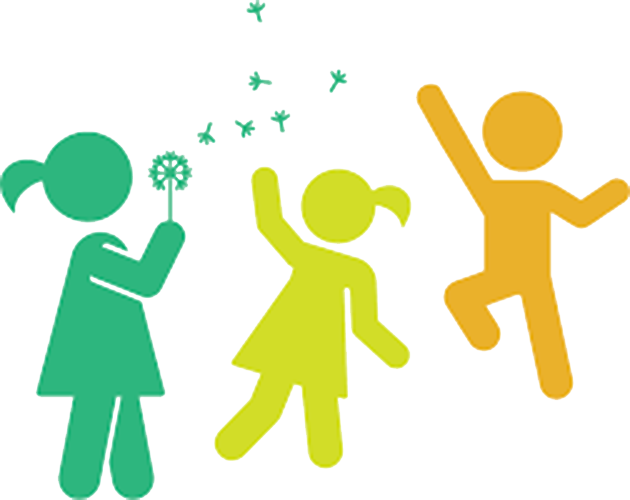MENTAL HEALTH the key facts
Mental health comprises our emotional, psychological, and social well-being. It affects our thinking, feelings, perception of the world around us and our actions. It helps us to determine how one handles stress, relationship with others, and making healthy choices.
Mental health conditions include mental disorders and psychosocial disabilities as well as other mental states associated with significant distress, impairment in functioning, or risk of self-harm. People with mental health conditions are more likely to experience lower levels of mental well-being, but this is not always or necessarily the case.











